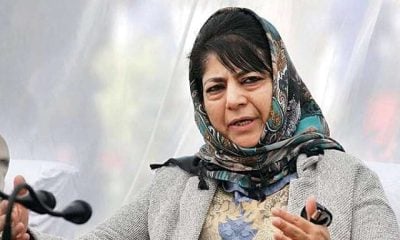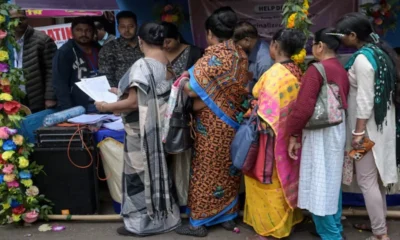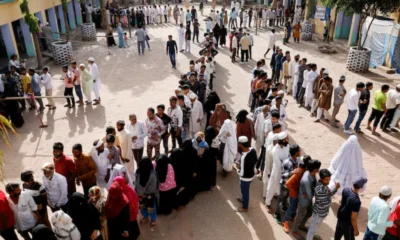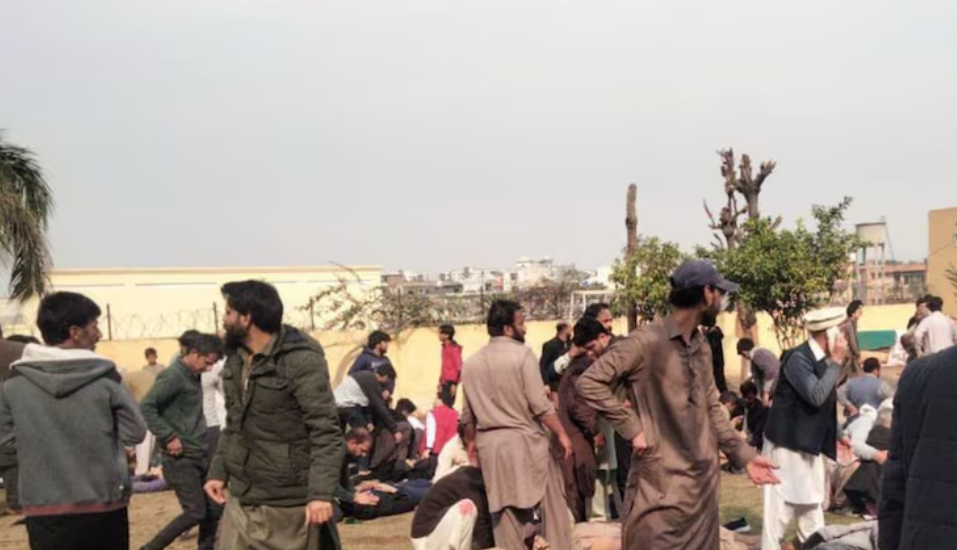Top Stories
Jammu Kashmir leaders call all party meet after EC’s decision on non-local voters
Jammu and Kashmir Chief Electoral Officer Hirdesh Kumar told reporters that more than 20 lakh new voters would be enrolled in the region ahead of polls. This will increase the voter count by more than a third, adding to the existing 76 lakh voters in the region.

Latest world news
Suicide bombing at Islamabad imambargah kills 69, over 160 injured
At least 69 people were killed after a suicide bomber detonated explosives at a Shia shrine in Islamabad’s Shehzad Town area, triggering a city-wide emergency.
Latest world news
Bangladesh rushes to finalise US trade deal after India secures lower tariffs
Bangladesh is accelerating talks with the US to finalise a trade agreement after India secured lower tariffs, raising concerns over export competitiveness and transparency.
India News
Punjab AAP leader Lucky Oberoi shot dead in daylight attack in Jalandhar
AAP leader Lucky Oberoi was killed in a daylight shooting in Punjab’s Jalandhar after attackers fired multiple bullets at him while he was inside his car.
-

 Latest world news14 hours ago
Latest world news14 hours agoBangladesh rushes to finalise US trade deal after India secures lower tariffs
-

 India News15 hours ago
India News15 hours agoPariksha Pe Charcha 2026: PM Modi to interact with students at 10 am today
-

 India News14 hours ago
India News14 hours agoPunjab AAP leader Lucky Oberoi shot dead in daylight attack in Jalandhar
-

 Latest world news8 hours ago
Latest world news8 hours agoSuicide bombing at Islamabad shrine kills 10, over 20 injured
-

 India News9 hours ago
India News9 hours agoCentre reassures farmers as India-US trade deal nears completion
-

 Cricket news9 hours ago
Cricket news9 hours agoVaibhav Suryavanshi’s record 175 puts India U19 on course for massive total in World Cup final
-

 Latest world news4 hours ago
Latest world news4 hours agoSuicide bombing at Islamabad imambargah kills 69, over 160 injured
-
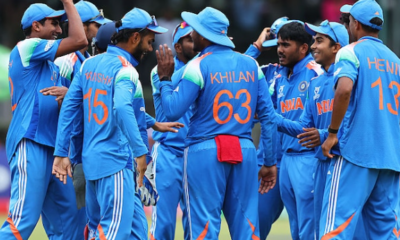
 Cricket news3 hours ago
Cricket news3 hours agoIndia wins sixth U19 World Cup title with dominant 100-run win over England


